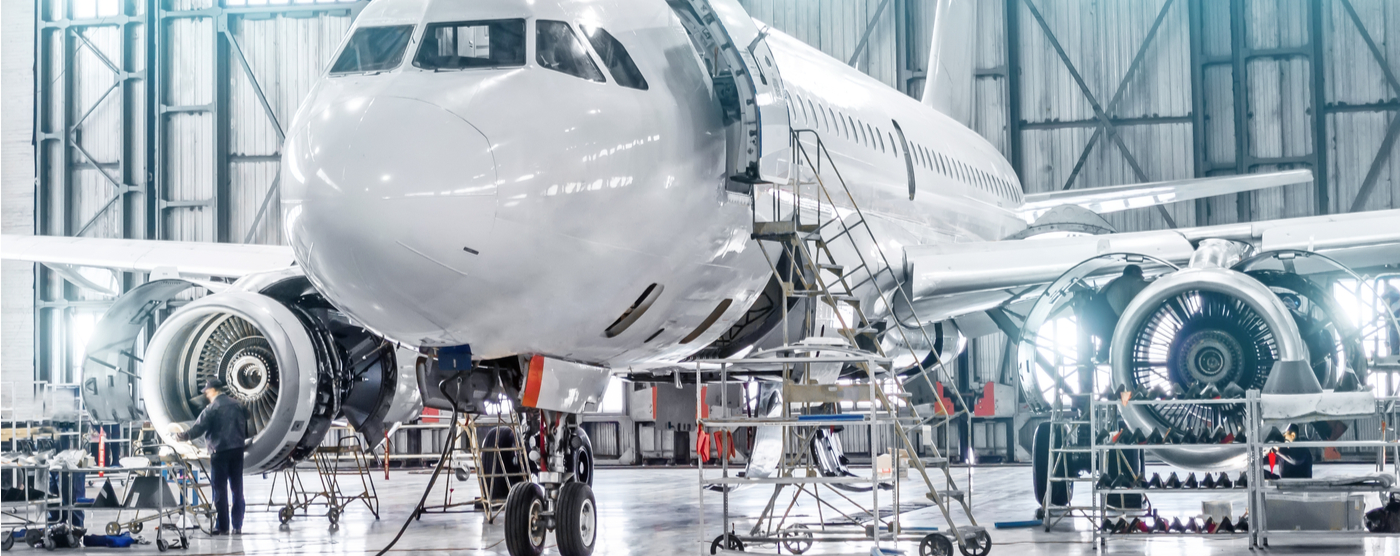A Day in the Life of an Airport Manager

You don’t have to be a frequent flyer to know how busy airports can be. With approximately 1.5 million people flying each day in the United States and over three million worldwide, airport managers have the challenging job of ensuring their airports operate safely and efficiently.
A world of its own
There’s more than meets the eye when it comes to managing an airport. Far more is involved than making sure planes take off and land. In fact, airport management has been compared to running a small to medium-sized city: The general airport manager serves as the “mayor” who oversees several managers who in turn specialize in separate fields of airport operations.
All in a day’s work
For airport managers, no two days are ever the same. To keep an airport running smoothly, all departments must operate like a well-oiled machine. Airport managers are responsible for running their own specific departments and they work closely with state and federal committees to ensure the rules and regulations of the airport are being met.
Here is a snapshot of a day in the life of some airport managers, along with the roles they play.
Operations Manager
The role of an operations manager is to supervise and coordinate the day-to-day landside and airside operations in the airport. They must possess outstanding management and communication skills and have full knowledge of Federal Aviation Administration (FAA) rules, among other requirements.
Landside responsibilities:
- Manage various airline terminals and concourses
- Ensure the safety and flow of roadways for buses, passenger cars, etc.
- Oversee retail operations, such as shops and restaurants
- Assist in preparing annual budgets for airport operations
Airside responsibilities:
- Ensure runways and taxiways are open and clear
- Coordinate ground operations, including baggage and catering
- Manage fueling
- Communicate with air traffic control
- Plan and coordinate VIP arrivals and departures
Safety Manager
There’s no doubt the safety of airline passengers is a priority. Internationally, safety managers follow the International Civil Aviation Organization’s (ICAO) Standards and Recommended Practices (SARP) to help manage aviation safety risks in coordination with their service providers. In the US, safety managers are responsible for promoting safety awareness by adhering to the FAA regulations and other agencies which include the Environmental Protection Agency (EPA) and Homeland Security. Here are some of the essential responsibilities of a safety airport manager:
- Maintain the safety and security of the airport
- Review and revise airport safety and security plans
- Develop and implement employee safety policies and practices
- Inspect runway lighting
- Keep runways clear
- Ensure airfield is protected
Environmental Manager
Protecting the environment plays a major role when it comes to managing an airport. In the New York City area alone, thousands of planes take off and land every day, leaving a stream of environmental issues to address. Environmental airport managers work closely with the FAA and the Environmental Protection Agency (EPA) to ensure standards and regulations are being met to keep the environment and wildlife safe. These are some issues environmental airport managers are responsible for:
- Properly handling and dispensing hazardous materials
- Managing air, water and noise pollution
- Managing traffic congestion
- Managing responsible habitat practices to minimize bird strikes
- Snow removal*
(*Did you know snow cleared at New York’s LaGuardia Airport is brought to a snow dump area where it can safely melt without harming the eco-system of local rivers?)
General Manager
As you can imagine, the role of an airport general manager is a monumental responsibility. It can take years of experience to land this position, as he or she must have a working knowledge of federal, state and aviation regulations, in addition to all aspects of airport operations. Airport general managers must possess exemplary management and communication skills, along with outstanding problem-solving skills. The general manager must possess the ability to:
- Have an effective working relationship with various agencies, including the FAA, EPA, as well as federal agencies, like the Secret Service, and local fire and transportation departments
- Monitor and manage all airport contracts and expenses within approved budget
- Manage personnel and operational activities
- Follow government rules and regulations that relate to airport operations
Ultimately, the general manager is accountable for how the airport functions on all levels.
What you’ve just read are only a few examples of the many positions and daily responsibilities of an airport manager. Could this be the career you’ve been looking for? Find out below.
What it takes to become an airport manager
Those seeking a career in airport management should have a bachelor’s degree from an accredited college or university with a focus on business, airport or aviation management, or a related field. Vaughn College offers an airport management degree program which prepares students for the various functional areas of aviation and business management. Do you have what it takes to become an airport manager? Vaughn College opens doors to the future by providing students the opportunity to reach their goals and fulfill their dreams.

